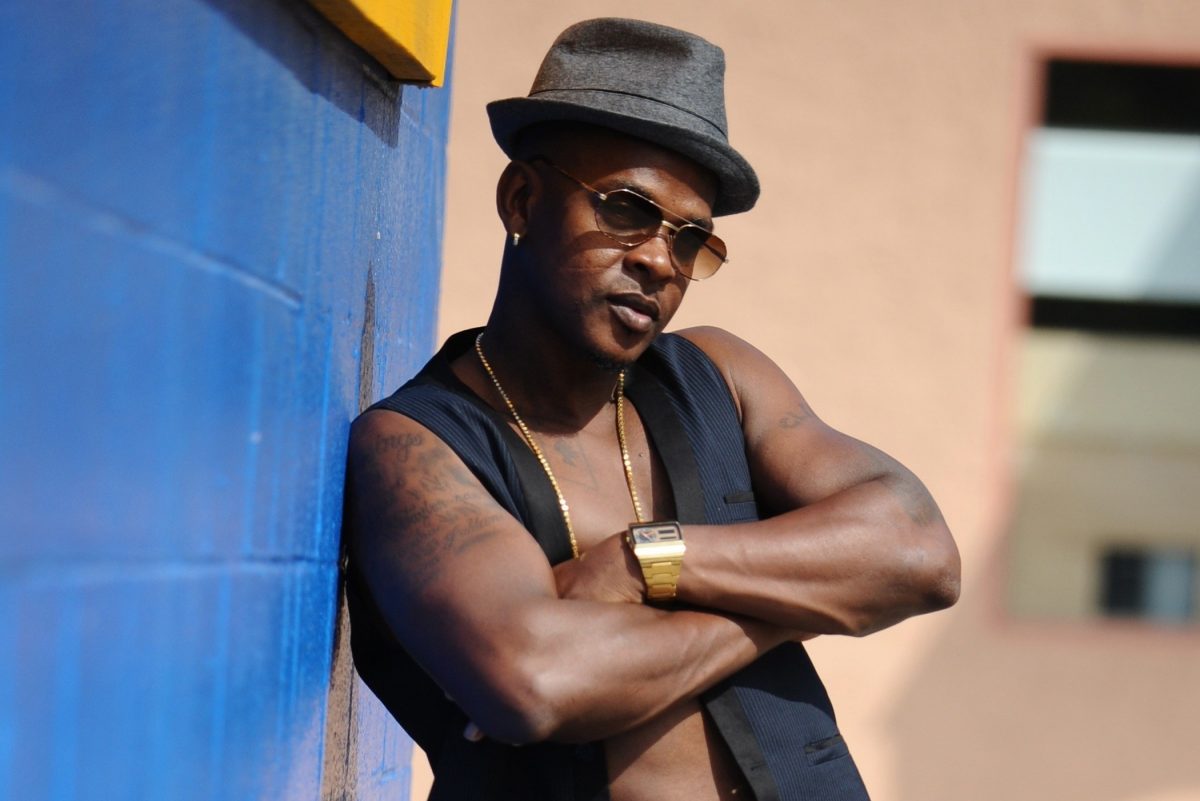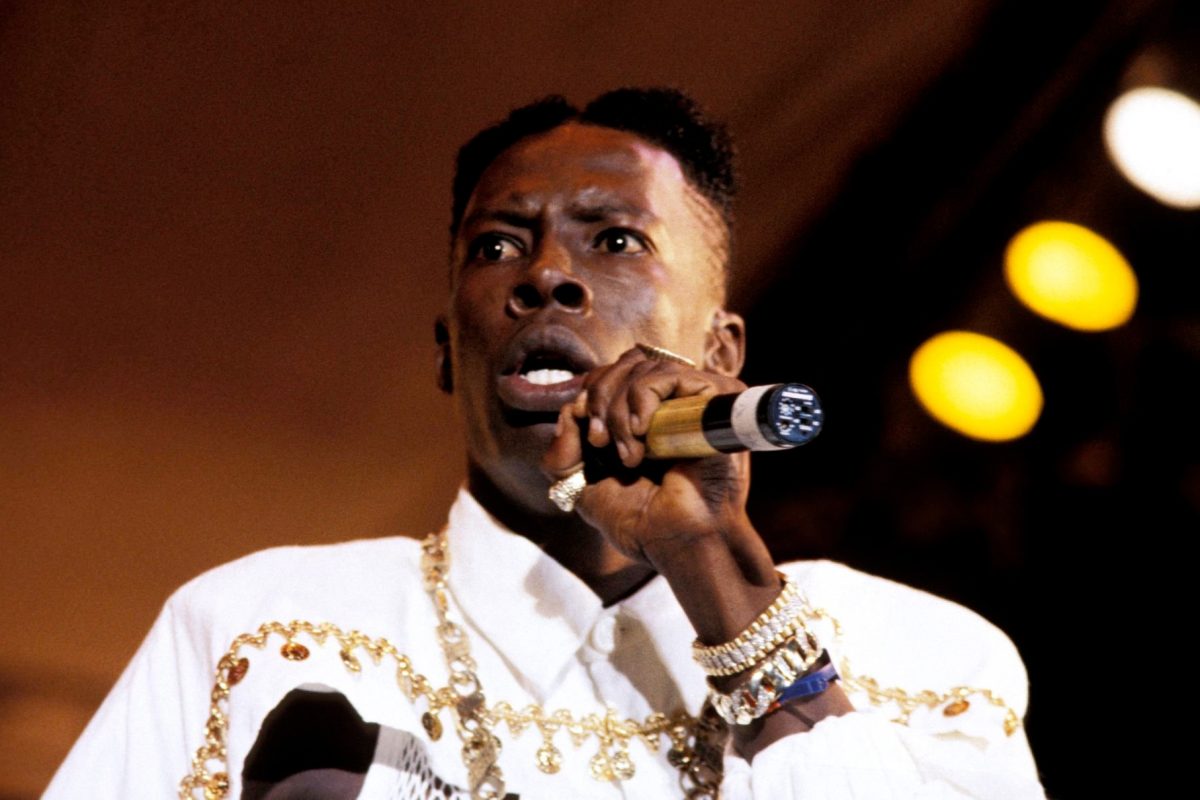Mr. Vegas Says Queer Community Shouldn’t “Violate” Dancehall Spaces

As dancehall scholars tell it, the genre is governed by certain rules and modes of performance, and singjay Mr. Vegas wants the queer community to honour them.
This means no deviation from the hardcore representation of masculinity in the dancehall space, contrary to what he witnessed while watching Spice and a fan at the recently-held Unruly Fest in the UK.
“Bubbling, whining together, daggering, slam – that a our ting,” the Hands Up artist said. “Yuh inna party now, gyal and gyal a whine up, gyal and gyal a share lollipop, gyal and gyal a lick tongue and dem sinting deh inna dancehall. Keep that inna fi unno space… Dancehall a one place where yuh nuh go dancehall go violate inside the circle.”
The outspoken entertainer declared that his stance wasn’t hate speech, and that he only wants to uphold all things “straight” as he reiterated on his 2009 single I Am Blessed.
“We nah seh, yow, we fi discriminate ‘gainst people,” he said. “We nah seh we fi hate nobody. Of course, you a go have shaky people who a your fans dem come a your show. Of course, dem welcome… We nah seh don’t come a we a show. We nah seh don’t buy we music, but we a seh when unno come inna our space, act accordingly. Act accordingly inna dah space yah weh name bloodcl**at dancehall. Act accordingly to the culture.”
Besides Spice, Mr. Vegas also called out Jada Kingdom for including popular TikToker Derrick Morgan on her Stefflon Don diss track Accept Dat.
“We need fi hold back we dancehall and firm up back we dancehall and run weh Spice dem wid dem nastiness, and dem people yah weh a put the shaky people dem pon intro and a call it dancehall music… Unno fi know unno space because that a reflect bad pon our culture brethren, a gwaan like seh we just accept anything right now weh come our way.”
Cultural Studies Professor Donna Hope has often documented this culture, highlighting “gays” as one of six “G’s of dancehall”, a construct which explains the performative rituals and spectacle that come with operating in the space.
Lyrically blasting gays was popularised in the 90s as acts sought approval from the dancehall audience but ultimately became problematic for those seeking mainstream fame. Buju Banton, T.O.K., Sizzla, Queen Ifrica, Beenie Man and Bounty Killer have all faced financially-crippling consequences of songs which demonised deviant masculine performance and the Lesbian, Gay, Bisexual, Transgender and Queer (LGBTQ) community.
Beyond lyrics, acts like Shabba Ranks have also faced the wrath of the group because of hate speech. The deejay’s career notably went downhill after he said homosexuals should be crucified during a Channel 4 interview in 1992.
Today, many offenders are hesitant to talk about that phase of their career, and have even issued apologies or withdrawn hateful songs from their performing catalogue in hopes of expanding their American touring prospects.
Other artists like Sizzla, I-Wayne, and Queen Ifrica remain rooted in their public dislike for gays regardless of the consequences.

